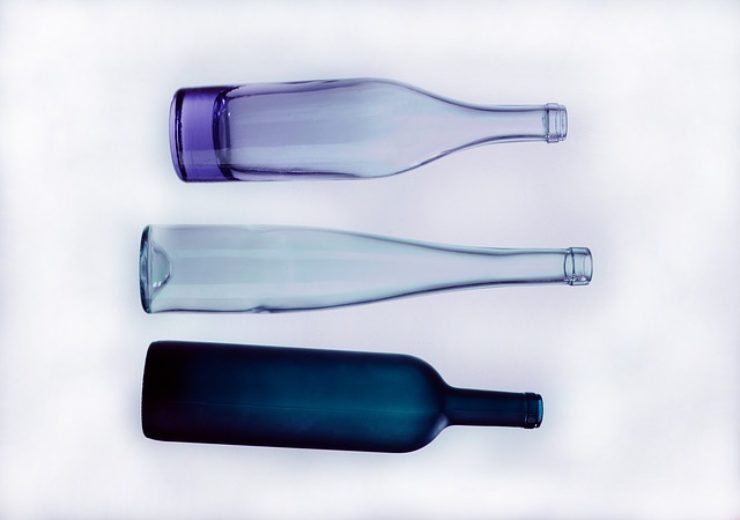The Avery Dennison’s new TC-2000 film topcoat has been designed to enhance the brand’s shelf appeal

Image: The Avery Dennison’s new film topcoat creates an extremely strong bond between ink and film. Photo: courtesy of 729714 from Pixabay.
Avery Dennison Label and Packaging Materials has introduced a new film topcoat, TC-2000, designed to offer clearer, stronger colours and bolder graphics.
The new film topcoat enables converters and brand owners to create packaging with improved graphics in a bid to enhance the brand’s shelf appeal amidst the competitive store aisles and displays.
Avery Dennison digital senior product manager Cory Keller said: “TC-2000 is the result of the extensive global research and development and investment in material science — hallmarks of Avery Dennison’s commitment to excellence.
“As new printing technologies come of age, it is our goal to help converters and brand owners take advantage of the benefits they afford while remaining committed to compatibility with existing technologies.”
TC-2000 offers solid, consistent performance across a wide range of printing technologies
Avery Dennison said that the TC-2000 is designed to offer solid, consistent performance across a wide range of printing technologies including water-based flexo, UV flexo, UV screen, UV inkjet, solvent gravure and letterpress.
The new film coat will also allow converters to leverage digital printing for greater flexibility and quality output while simplifying their ordering and stocking needs, the firm noted.
Compared to the Avery Dennison’s TC-1000 topcoat, the TC-2000 has improved ink anchorage as well as profit margins as it eliminates the need to corona treat or prime in UV print platforms.
Additionally, the new film topcoat creates an extremely strong bond between ink and film, thus allowing heavier inks to be laid down to achieve sharp images and bold looks.
The firm said in a statement: “It allows designers a greater range of creativity, such as using bold typefaces to replace images, the use of gradients, or building on brand stories and histories that utilize vintage photos, seals and retro-inspired typography to help a brand stand out from its competition.”
In May this year, Avery Dennison has launched facestock made from recycled polyethylene (rPE).
The recycled facestock, which has undergone successful print and dispensing trials, has been developed as part of the company’s effort to offer more sustainable solutions for the labelling industry.
